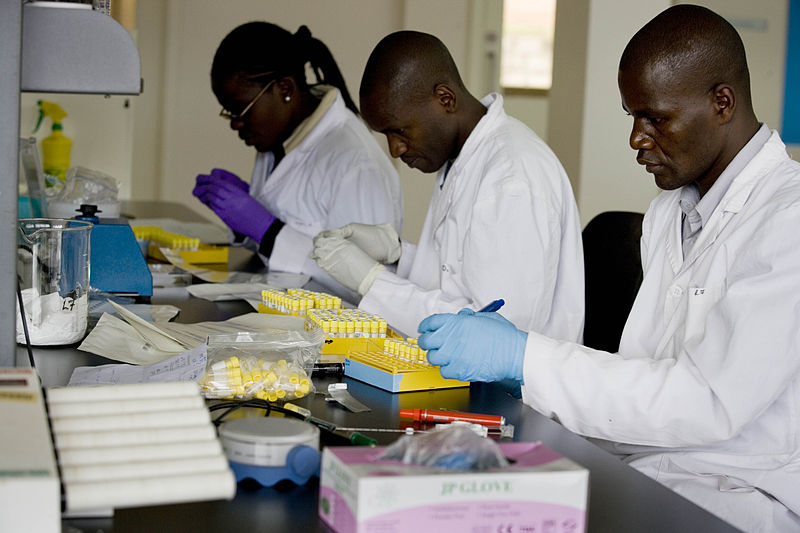African scientists call for more control of their continent’s genomic data
By Linda Nordling,
Science
| 04. 18. 2018
As the genomics revolution finally turns its attention to Africa and northern researchers flock there to collect data, scientists from the continent are demanding a larger role in projects.
On 18 April, a group of Africa-based researchers issued guidelines for the ethical handling of samples for genomic studies. The voluntary rules are an effort to combat ‘helicopter’ research, in which foreign scientists take samples and data from communities and then return to their home institutions. The guidelines also aim to ensure that African citizens see health benefits from research.
In recent years, researchers have begun sequencing the genomes of Africans in large numbers. The data offer insights into humanity’s past as well as predisposition to disease and potential reactions to drugs in African populations — the world’s most genetically diverse.
But because few institutions on the continent have the equipment to handle large genomic data sets, African scientists wanting to work on such projects have often had to accept terms offered by foreign partners, says Jantina de Vries, a bioethicist at the University of Cape Town in South...
Related Articles
By Roni Caryn Rabin, The New York Times | 01.22.2026
The National Institutes of Health said on Thursday it is ending support for all research that makes use of human fetal tissue, eliminating funding for projects both within and outside of the agency.
A ban instituted in June 2019 by...
By Mike McIntire, The New York Times | 01.24.2026
Genetic researchers were seeking children for an ambitious, federally funded project to track brain development — a study that they told families could yield invaluable discoveries about DNA’s impact on behavior and disease.
They also promised that the children’s sensitive...
By Phil Galewitz, NPR | 01.20.2026
Serenity Cole enjoyed Christmas last month relaxing with her family near her St. Louis home, making crafts and visiting friends.
It was a contrast to how Cole, 18, spent part of the 2024 holiday season. She was in the hospital...
Group of Tuskegee Experiment test subjects
Public Domain via Wikimedia Commons
Every generation needs to learn about what is commonly known as the Tuskegee syphilis study, which ran from 1932 to 1972. (Officially, it was the U.S. Public Health Service Syphilis Study at Tuskegee, Alabama, which gets the emphasis right.) For many people, the history is hard to believe, though it is hardly unique. Of the 600 subjects, all Black men, 399 had syphilis, for which...




